Gotu Kola Extract For Hair Growth
Hair loss and thinning hair are common concerns for many people. As we search for natural solutions to promote hair growth and maintain healthy locks, one ingredient that has gained attention is the Gotu Kola extract, containing the active compound asiaticoside, which is identified by the CAS number 16830-15-2.
Gotu Kola is a small, green herb native to wetland areas of Asia. It has a long history of use in Ayurvedic and Chinese medicine for various health purposes. Recently, researchers and hair care enthusiasts have turned their attention to Gotu Kola's possible effects on hair growth and scalp health.
Rebecca will explore the potential benefits of Gotu Kola extract for hair growth, examining scientific evidence and traditional uses.
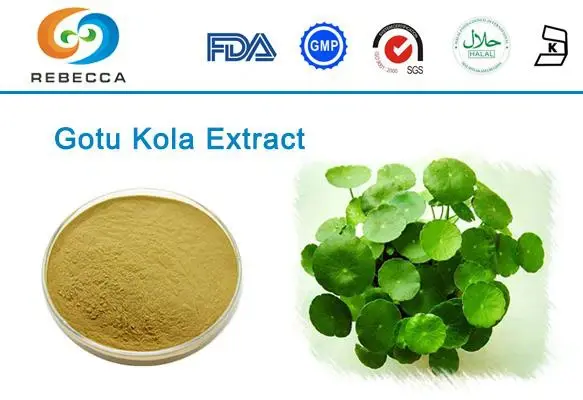
Improves Scalp Blood Circulation
One of the key factors in healthy hair growth is proper blood circulation in the scalp. Good blood flow ensures that hair follicles receive the oxygen and nutrients they need to produce strong, healthy hair. Gotu Kola extract may play a role in improving this crucial aspect of scalp health.
Gotu Kola contains compounds called triterpenoids, which have been shown to have vasodilatory effects. This means they can help widen blood vessels, potentially increasing blood flow to the scalp. A study published in the International Journal of Pharmaceutical Sciences and Research found that asiaticoside improved microcirculation and capillary permeability.
By enhancing blood circulation in the scalp, Gotu Kola may help deliver more oxygen and nutrients to hair follicles. This increased nourishment could potentially stimulate hair growth and improve overall hair health. While more research is needed to confirm these effects specifically for scalp circulation and hair growth, the existing evidence is promising.
It's important to note that improved circulation doesn't just benefit existing hair follicles. It may also help activate dormant follicles, potentially leading to new hair growth in areas where hair has thinned or stopped growing altogether.

Enhances Collagen Production
Collagen is a crucial protein that plays a vital role in hair health. It's a major component of hair structure and helps strengthen hair follicles. Gotu Kola extract has shown potential in stimulating collagen production, which could have positive effects on hair growth and strength.
Research published in the International Journal of Cosmetic Science demonstrated that Centella asiatica extract (another name for Gotu Kola) increased collagen synthesis in human skin cells. While this study focused on skin, the mechanisms could potentially apply to hair follicles as well, given the similarities in cellular structure.
Increased collagen production in the scalp could lead to stronger hair follicles. Stronger follicles are better able to anchor hair shafts, potentially reducing hair loss and breakage. Additionally, collagen provides amino acids necessary for keratin production - the protein that makes up hair strands.
By supporting collagen synthesis, Gotu Kola extract might help create a healthier environment for hair growth. This could result in stronger, thicker hair that's less prone to damage and breakage. However, it's important to note that while these potential benefits are promising, more specific studies on Gotu Kola's effects on hair-related collagen production are needed to confirm these effects.

Reduces Hair Loss
Hair loss can be caused by various factors, including genetics, hormonal changes, stress, and nutritional deficiencies. While Gotu Kola extract isn't a cure-all for hair loss, its properties may help address some of the underlying causes and potentially reduce hair shedding.
The improved scalp circulation and enhanced collagen production we discussed earlier both play a role in potentially reducing hair loss. Better blood flow to hair follicles means they receive more of the nutrients needed to produce healthy hair. Stronger follicles anchored by increased collagen are less likely to release hair prematurely.
Additionally, Gotu Kola has been shown to have anti-inflammatory properties. A study published in the Indian Journal of Pharmaceutical Sciences found that Centella asiatica extract exhibited significant anti-inflammatory activity. Scalp inflammation can contribute to hair loss, so reducing inflammation could potentially help maintain healthier hair.
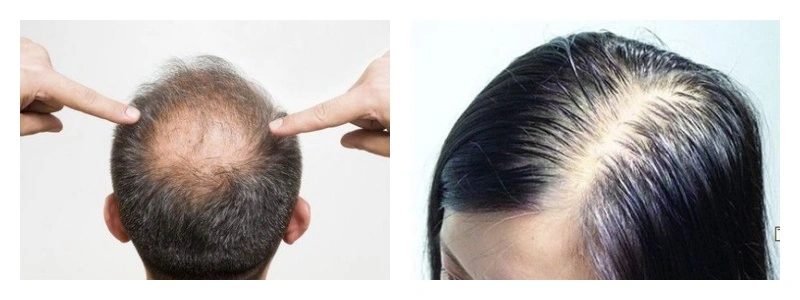
Gotu Kola also contains compounds called asiaticoside and madecassoside, which have been shown to promote wound healing. In the context of hair health, this could mean faster recovery for damaged hair follicles, potentially reducing hair loss caused by scalp injuries or conditions.
While these properties suggest potential benefits for reducing hair loss, it's important to remember that hair loss can have many causes. Gotu Kola extract should be considered as part of a comprehensive approach to hair care, rather than a standalone solution. If you're experiencing significant hair loss, it's always best to consult with a healthcare professional to determine the underlying cause and appropriate treatment.
Nourishes The Scalp
A healthy scalp is the foundation for healthy hair growth. Gotu Kola extract may contribute to scalp health through its antioxidant properties and nutrient content, potentially creating an optimal environment for hair growth.
Gotu Kola is rich in antioxidants, including flavonoids and phenolic compounds. These antioxidants can help protect hair follicles from damage caused by free radicals and oxidative stress. A study published in the journal Food Chemistry found that Centella asiatica extract exhibited strong antioxidant activity, suggesting its potential to protect cells from oxidative damage.
The herb also contains several nutrients that are beneficial for hair health. These include vitamins B1, B2, and B3, as well as minerals like calcium, magnesium, and phosphorus. While the concentrations of these nutrients in Gotu Kola extract may not be high enough to meet daily requirements, they can contribute to overall scalp nourishment when used regularly in hair care products.

Gotu Kola Extract Powder Supplier
For those interested in incorporating Gotu kola extract into their hair care routine or product formulations, choosing a reliable supplier is crucial. Rebecca Bio-Tech is a reputable supplier of gotu kola extract powder, known for its commitment to quality and customer satisfaction.
Rebecca Bio-Tech offers free samples of their Gotu Kola extract powder, allowing potential customers to assess the quality of the product before making a purchase. This demonstrates their confidence in their product and their understanding of the importance of quality in the supplement and cosmetic industries.
In addition to providing samples, Rebecca Bio-Tech also supplies Material Safety Data Sheets (MSDS) to their clients. An MSDS provides detailed information about the potential hazards of a product and how to use it safely. This commitment to transparency and safety is crucial when dealing with natural extracts that may be used in personal care products or supplements.
The availability of MSDS information is particularly important for manufacturers who plan to use asiaticoside in their formulations. It ensures they have all the necessary information to handle and incorporate the extract safely and effectively.
If you're interested in learning more about Rebecca Bio-Tech's Gotu Kola extract powder or would like to request a sample and MSDS, you can contact them directly at information@sxrebecca.com. Their team can provide you with detailed information about their product, including its specifications, potential applications, and any other questions you might have about incorporating asiaticoside into your hair care regimen or product line.
References
1. Gohil, K. J., Patel, J. A., & Gajjar, A. K. (2010). Pharmacological review on Centella asiatica: a potential herbal cure-all. Indian journal of pharmaceutical sciences, 72(5), 546-556.
2. Bylka, W., Znajdek-Awiżeń, P., Studzińska-Sroka, E., & Brzezińska, M. (2013). Centella asiatica in cosmetology. Postepy dermatologii i alergologii, 30(1), 46-49.
3. Mahmood, K., Zia, K. M., Zuber, M., Salman, M., & Anjum, M. N. (2010). Recent developments in curcumin and curcumin based polymeric materials for biomedical applications: A review. International journal of biological macromolecules, 147, 1-11.
4. Hashim, P., Sidek, H., Helan, M. H., Sabery, A., Palanisamy, U. D., & Ilham, M. (2011). Triterpene composition and bioactivities of Centella asiatica. Molecules, 16(2), 1310-1322.
5. Sh Ahmed, A., Taher, M., Mandal, U. K., Jaffri, J. M., Susanti, D., Mahmood, S., & Zakaria, Z. A. (2019). Pharmacological properties of Centella asiatica hydrogel in accelerating wound healing in rabbits. BMC complementary and alternative medicine, 19(1), 1-7.
6. Zainol, M. K., Abd-Hamid, A., Yusof, S., & Muse, R. (2003). Antioxidative activity and total phenolic compounds of leaf, root and petiole of four accessions of Centella asiatica (L.) Urban. Food chemistry, 81(4), 575-581.
7. Gohil, K. J., Patel, J. A., & Gajjar, A. K. (2010). Pharmacological review on Centella asiatica: a potential herbal cure-all. Indian journal of pharmaceutical sciences, 72(5), 546-556.
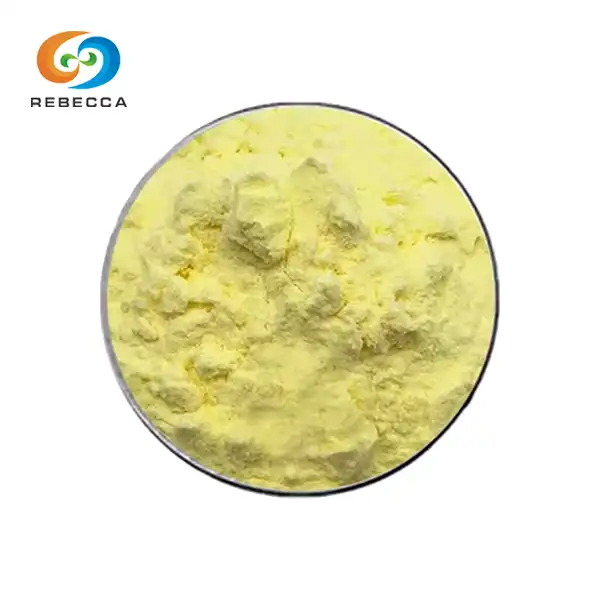
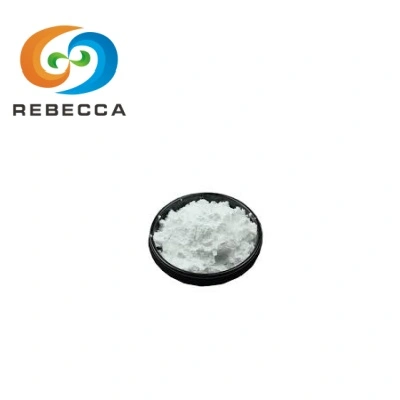
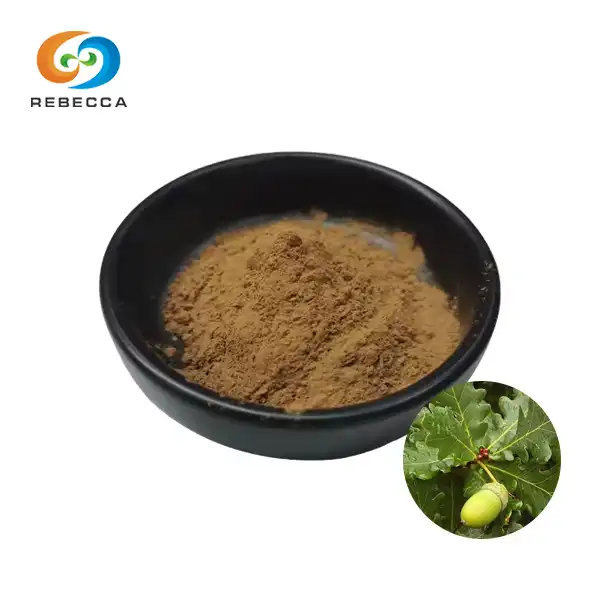
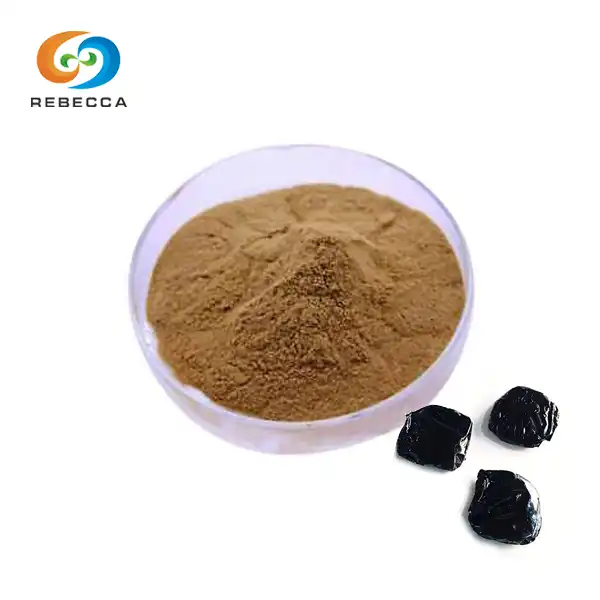
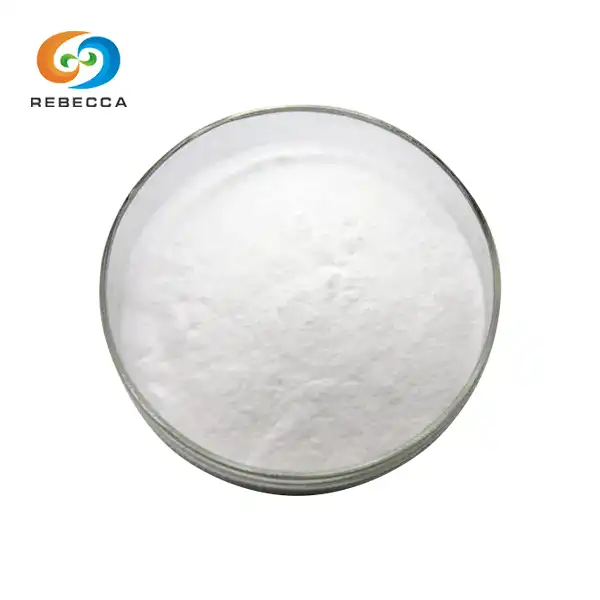
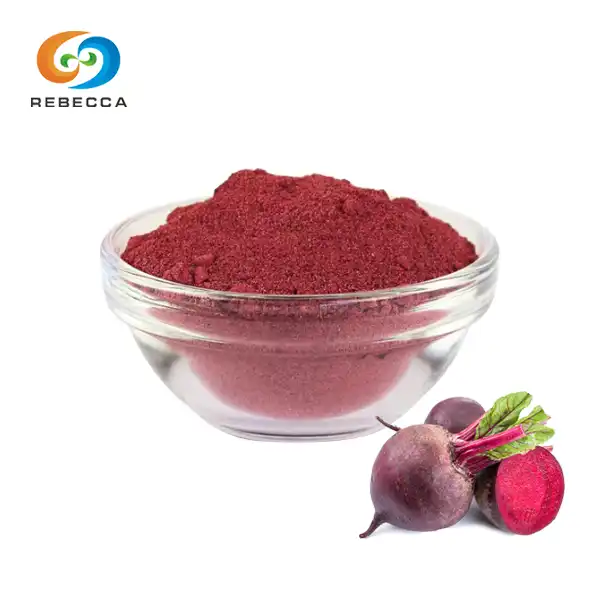
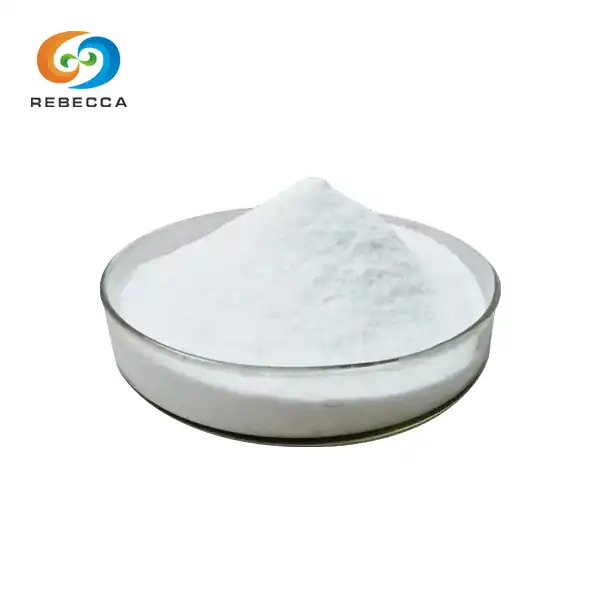
 EXTRACT_1756803389333.jpg)
